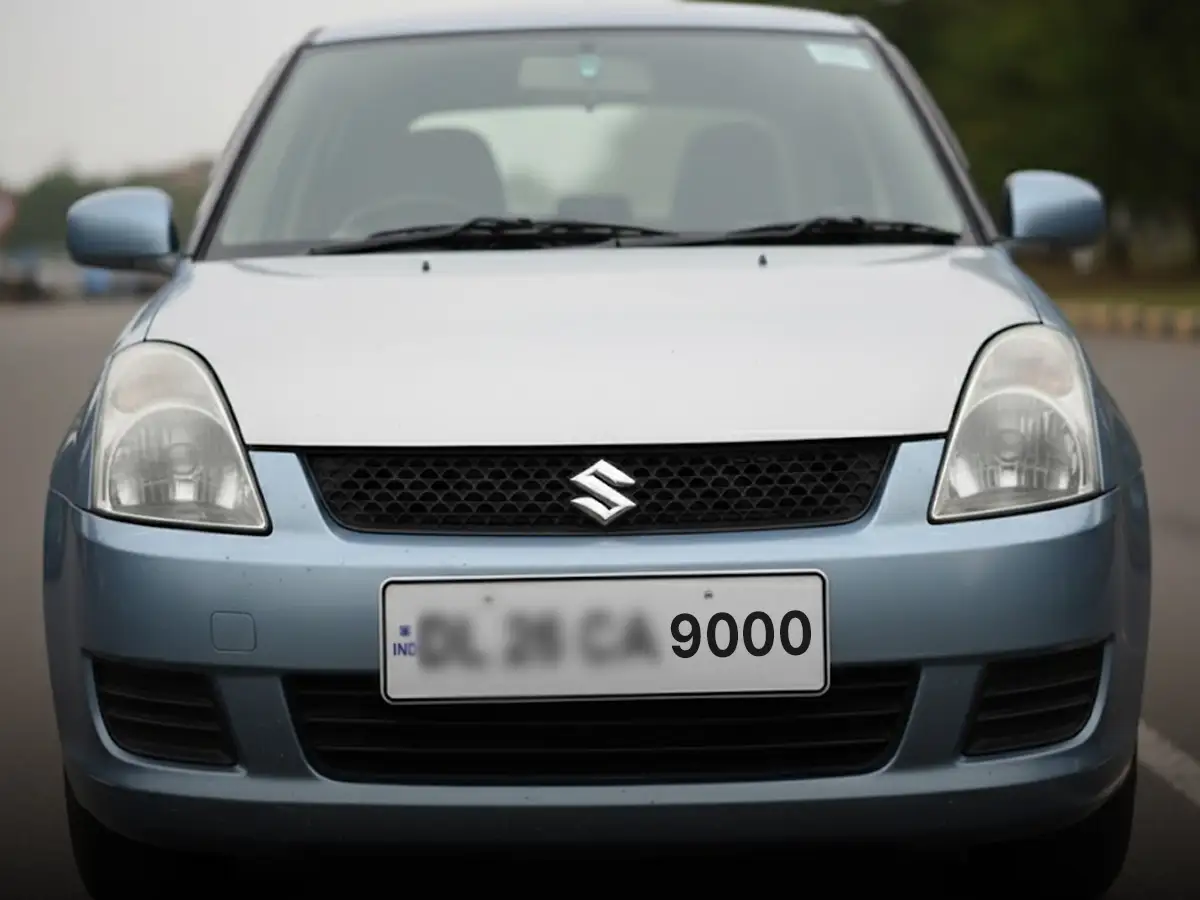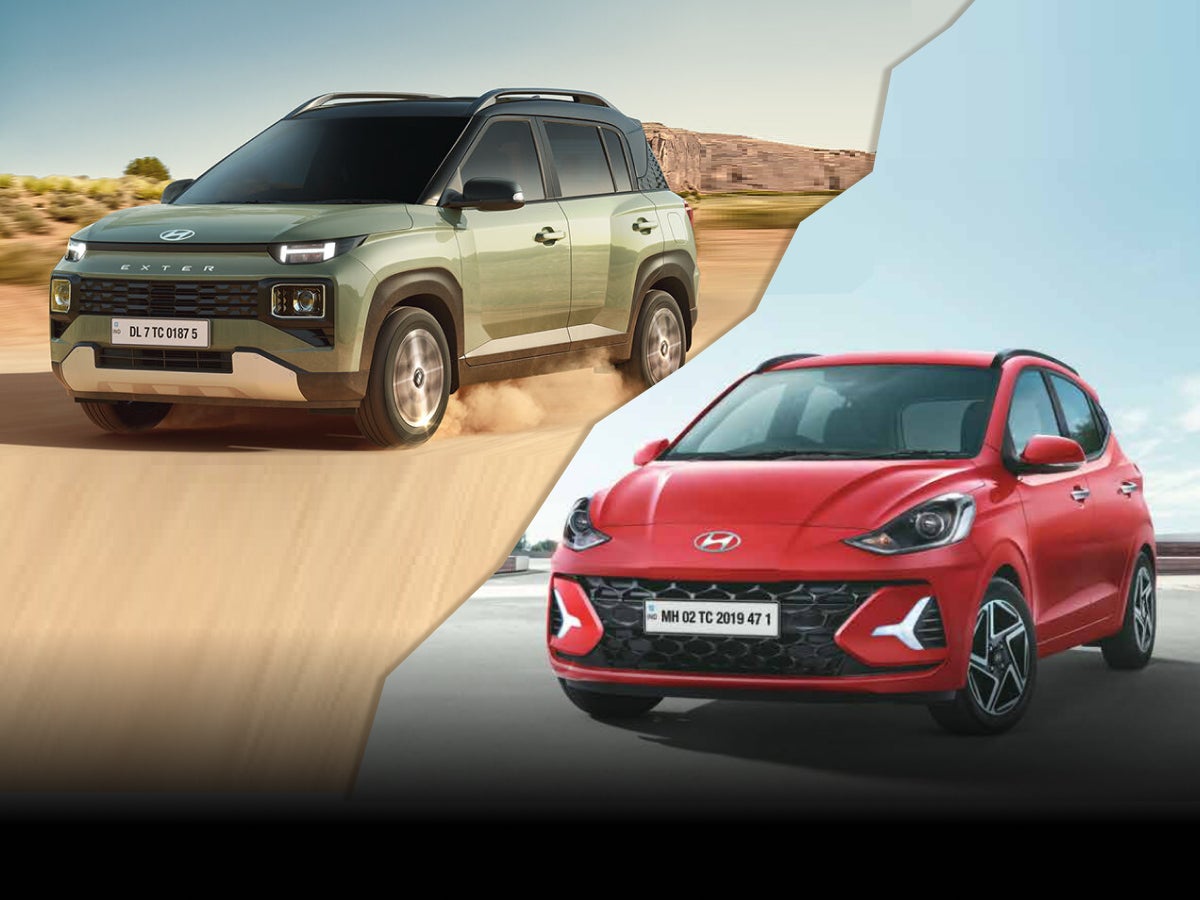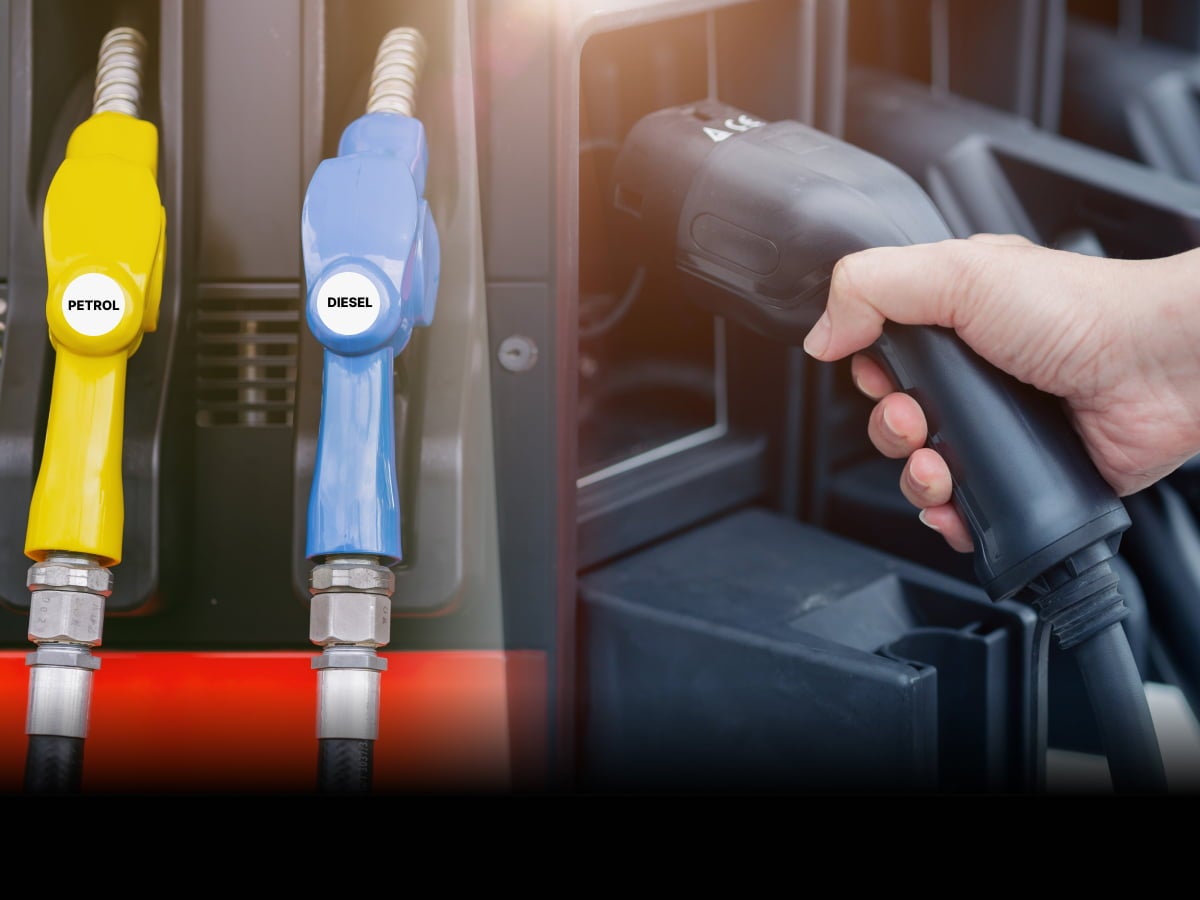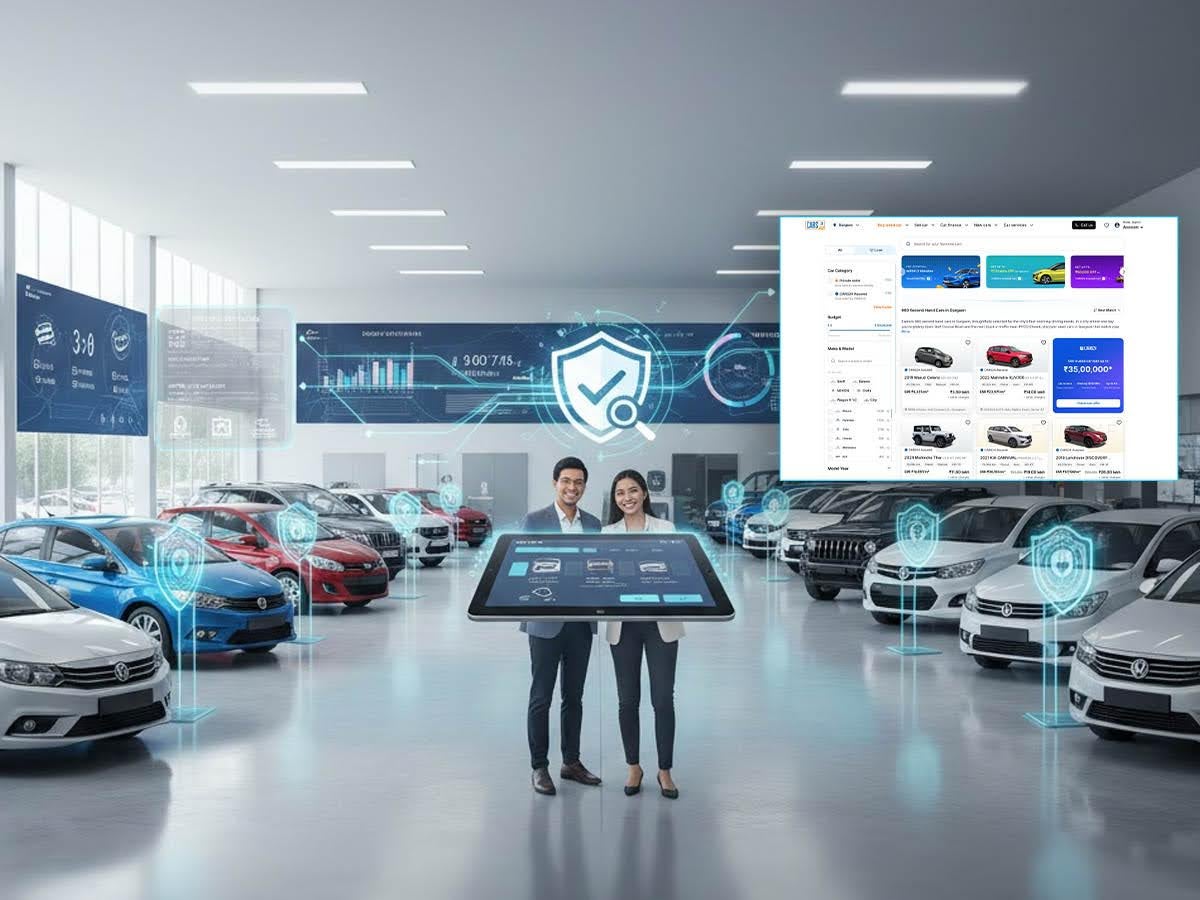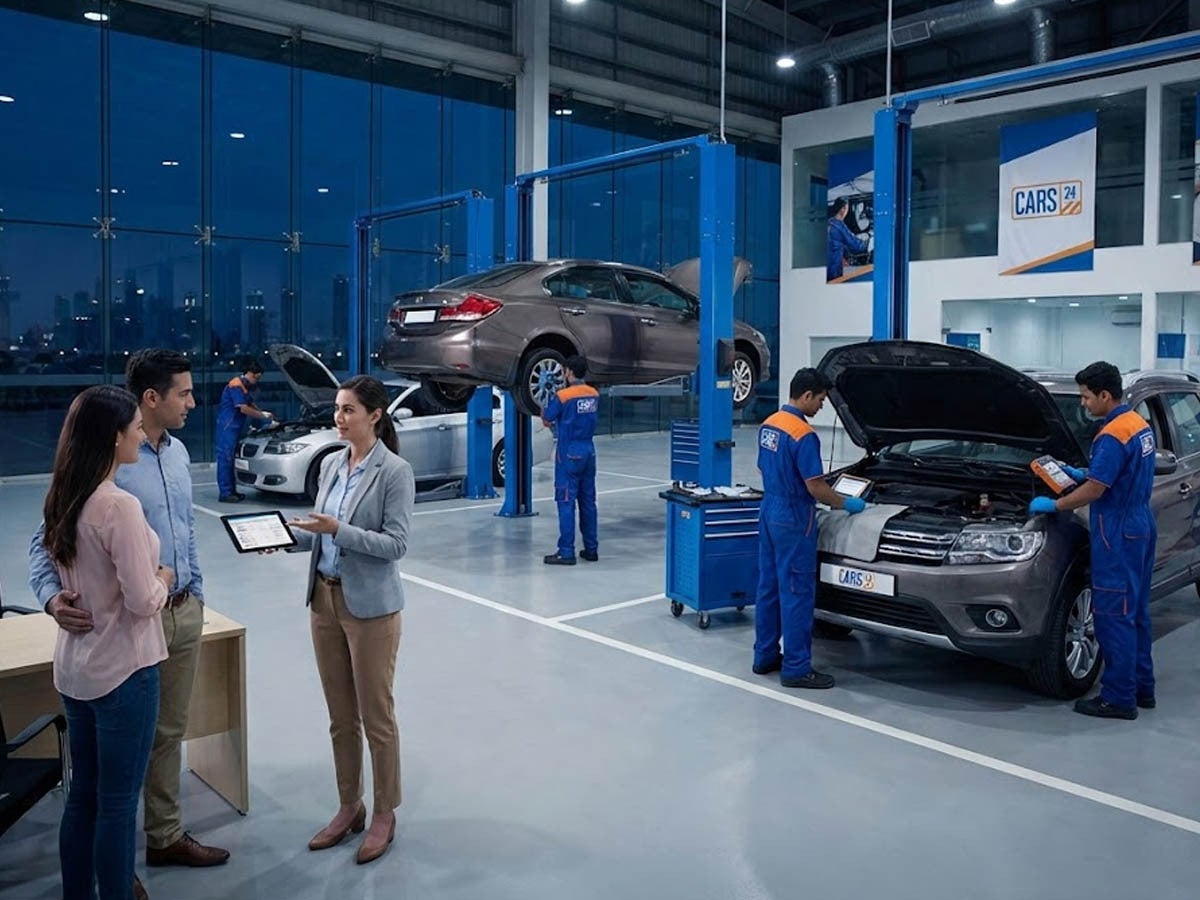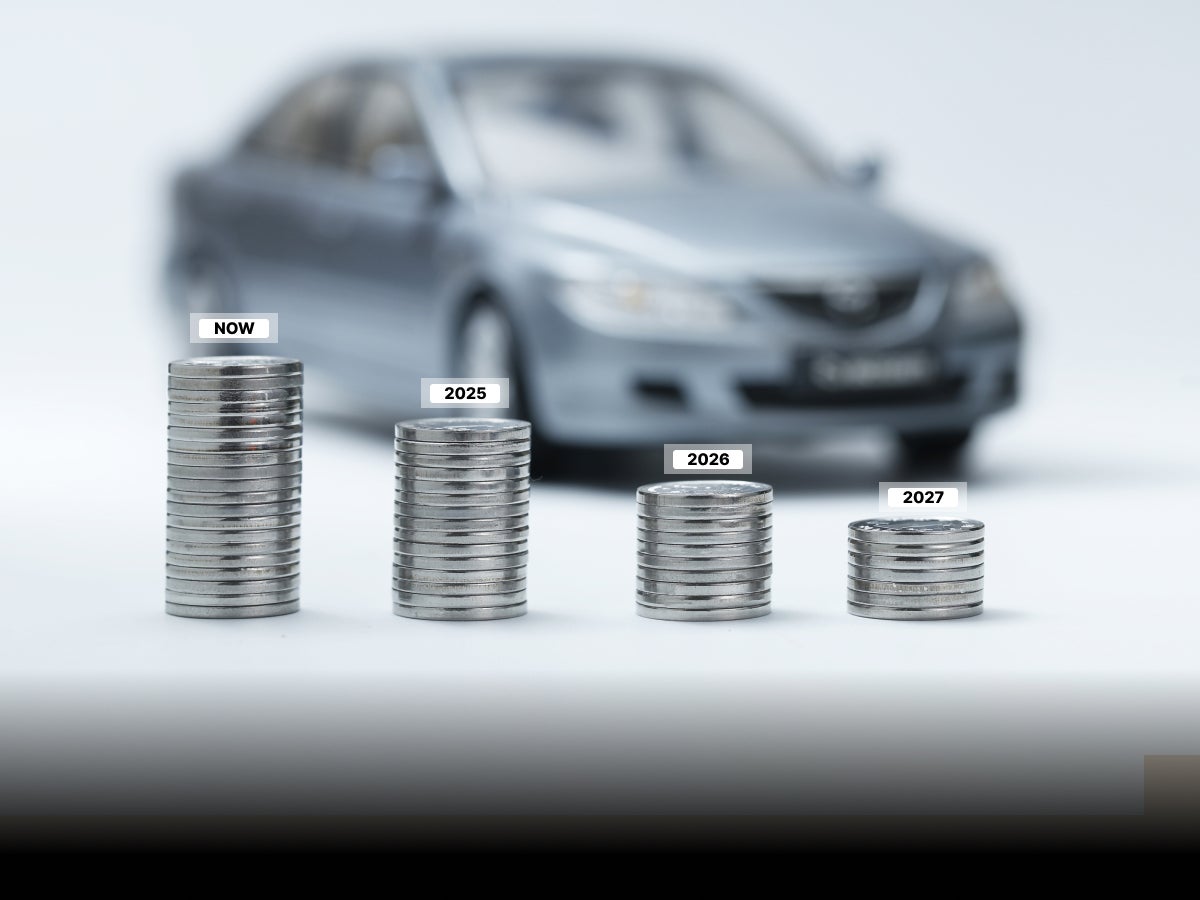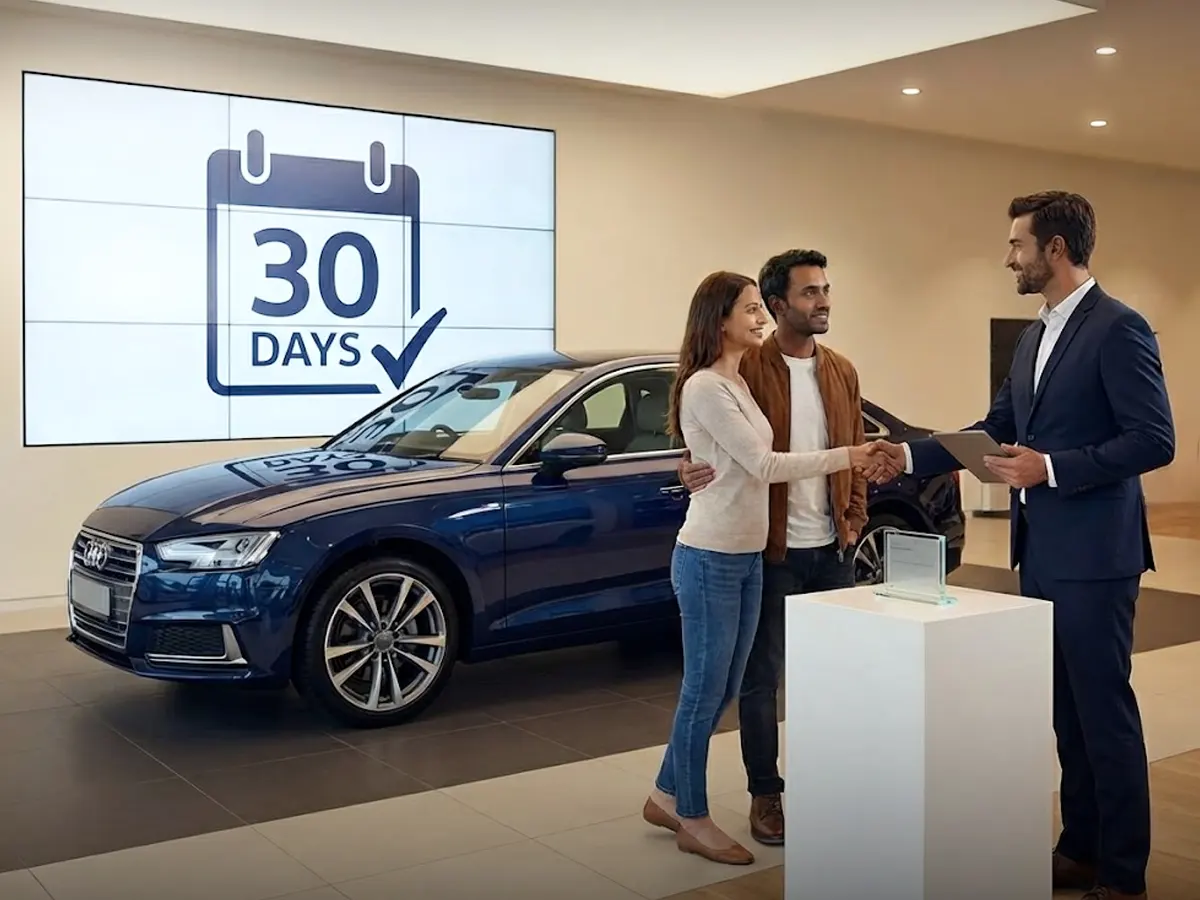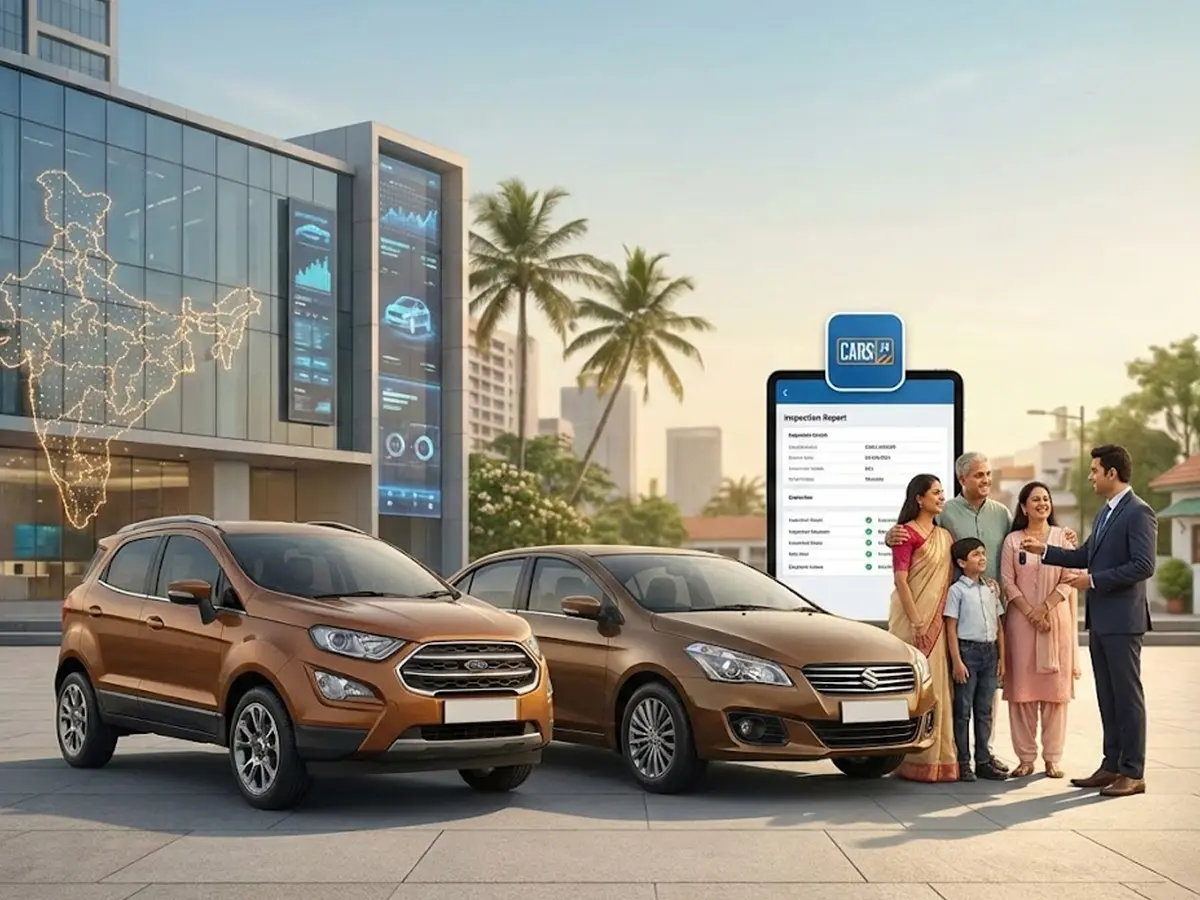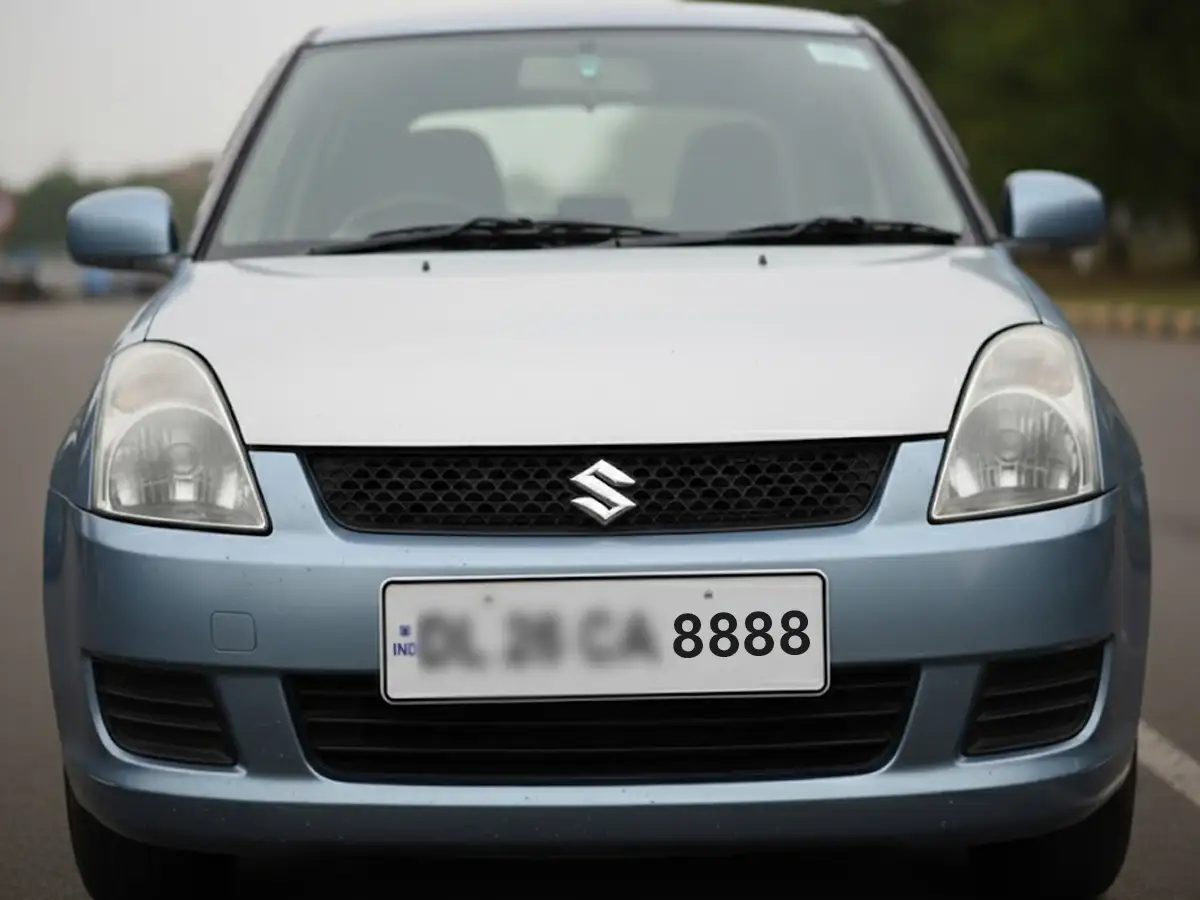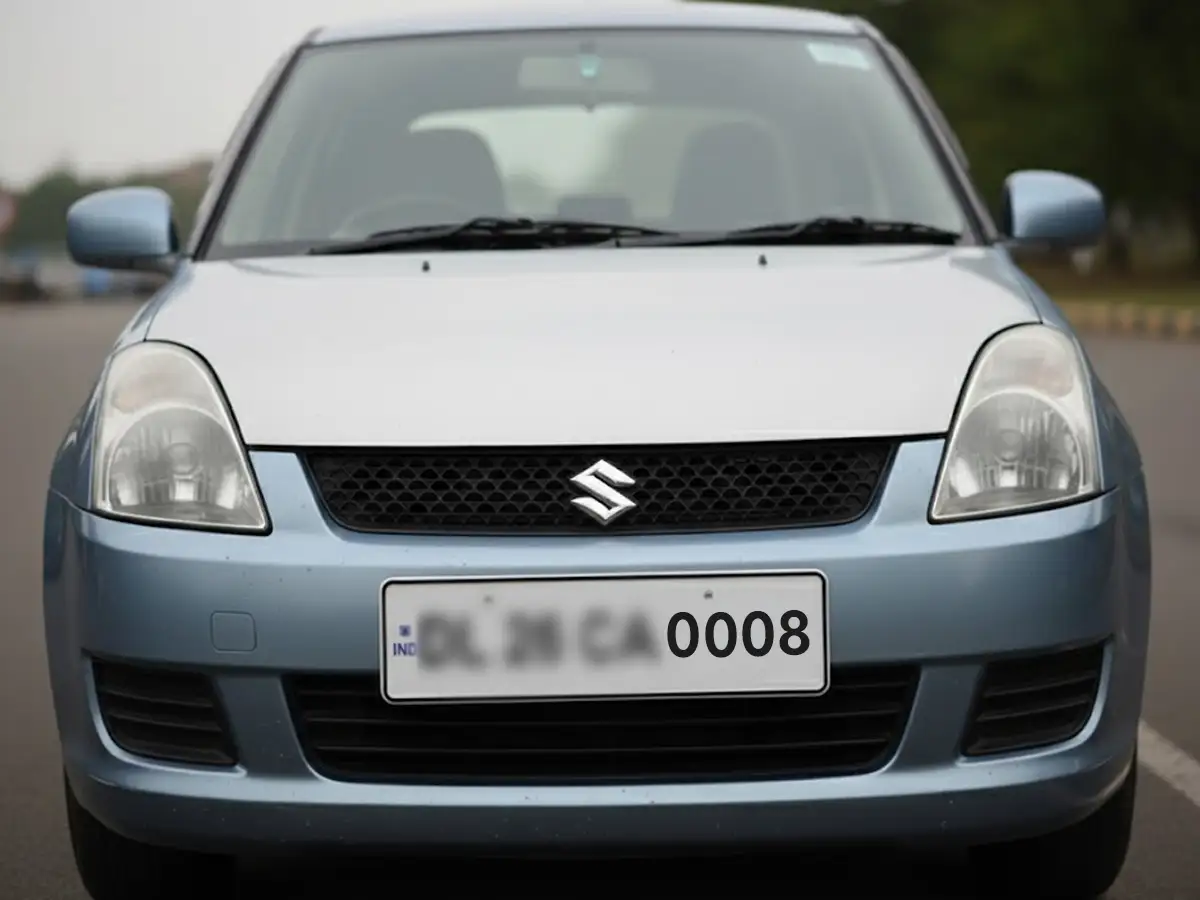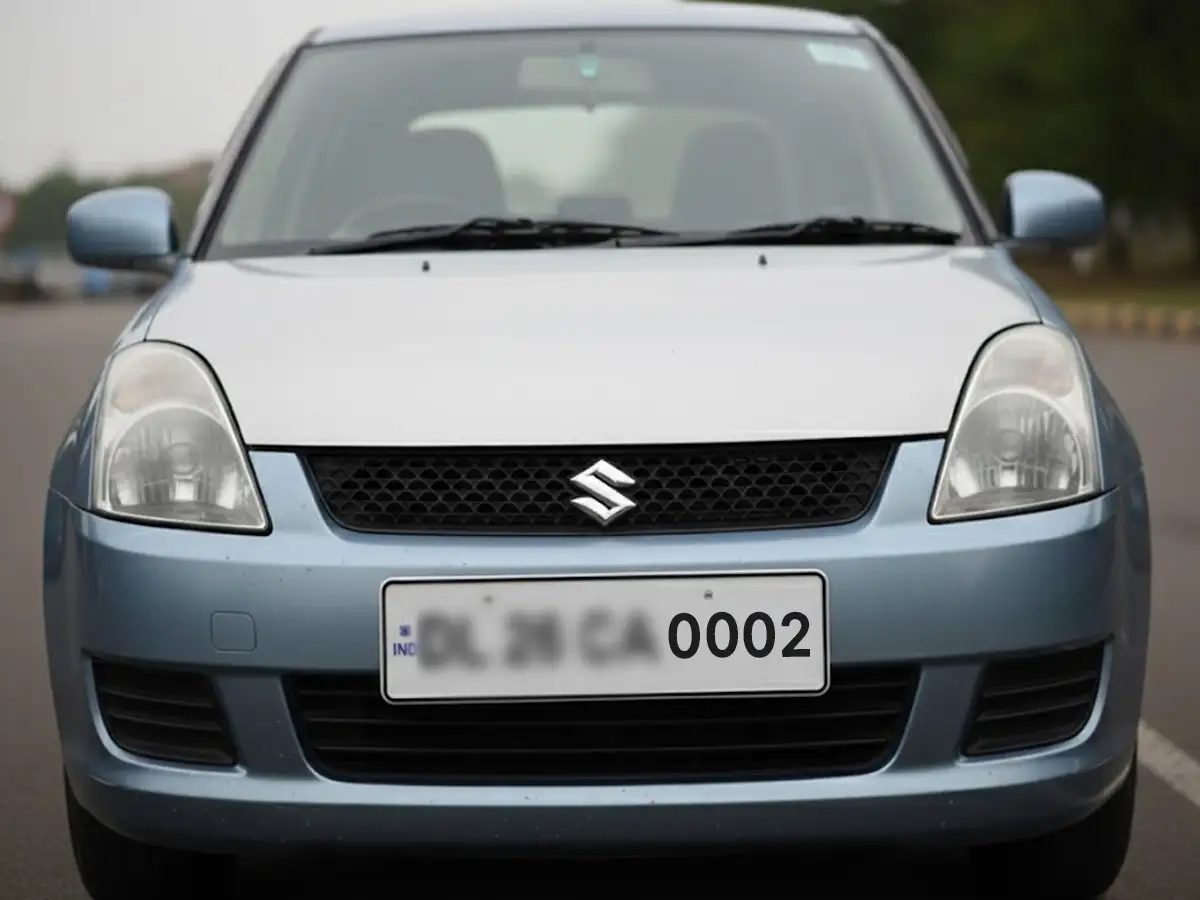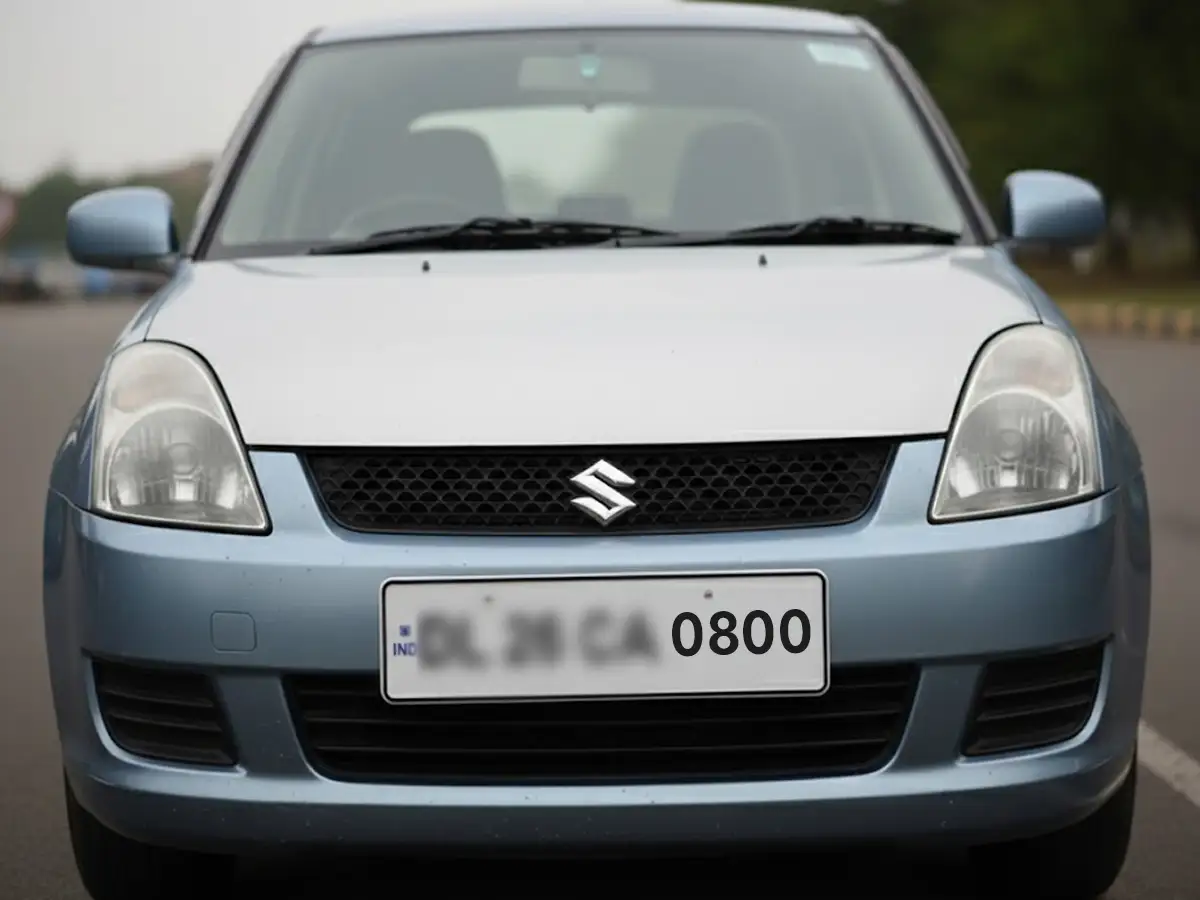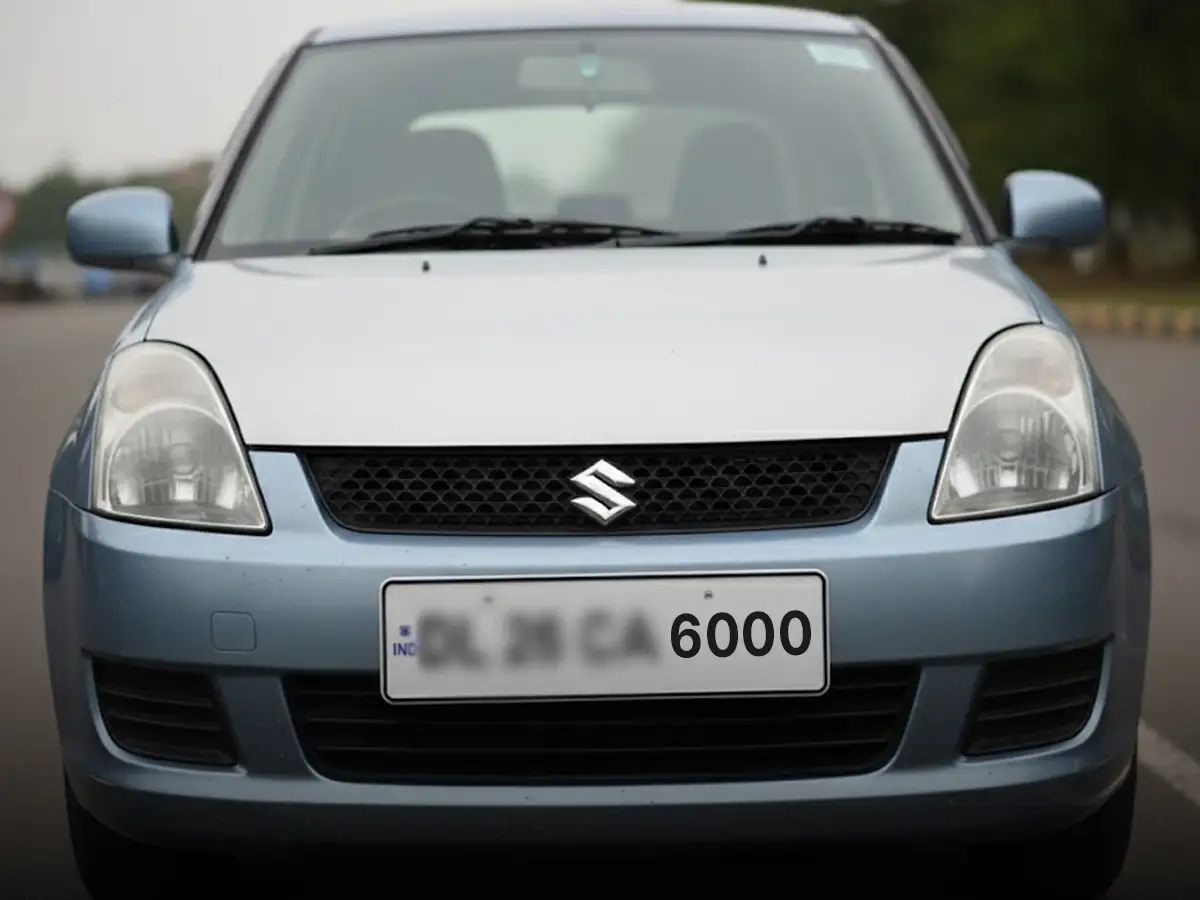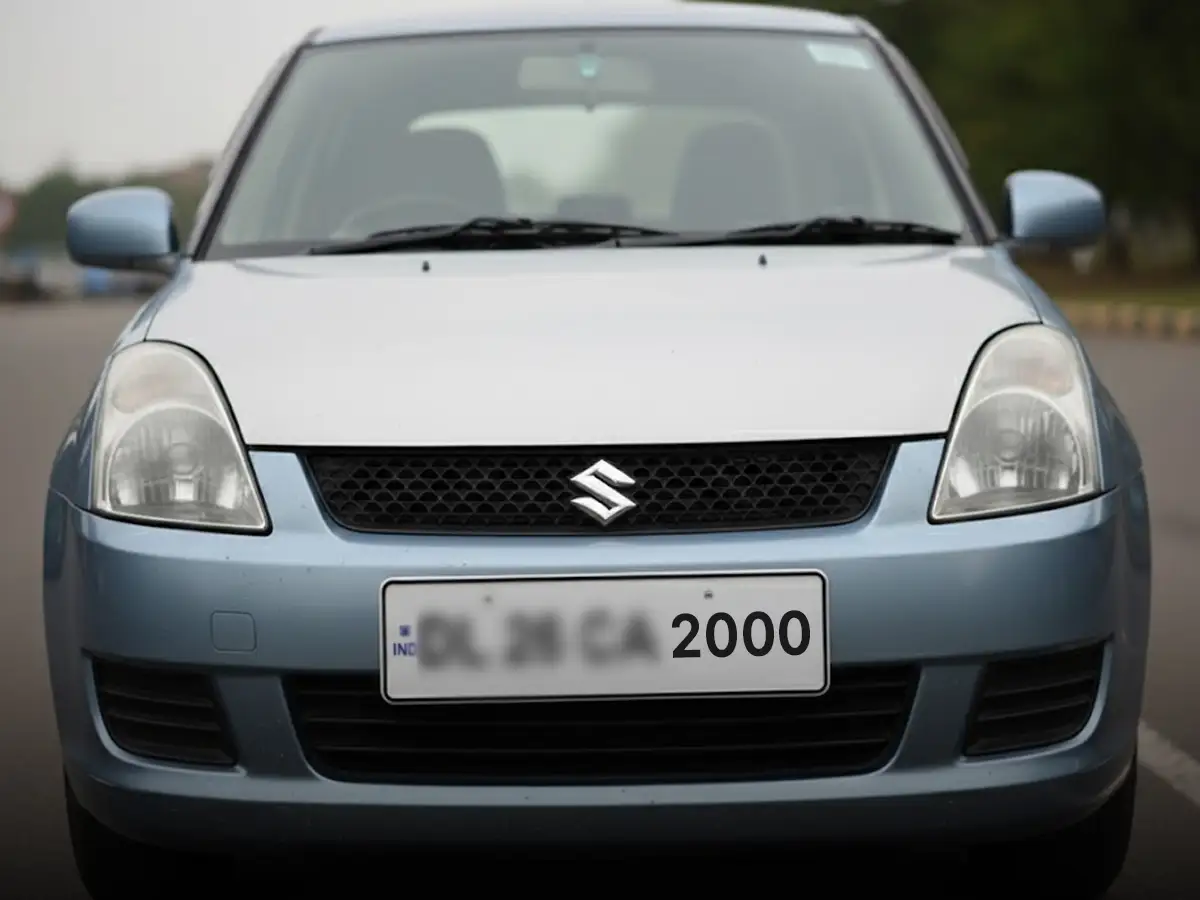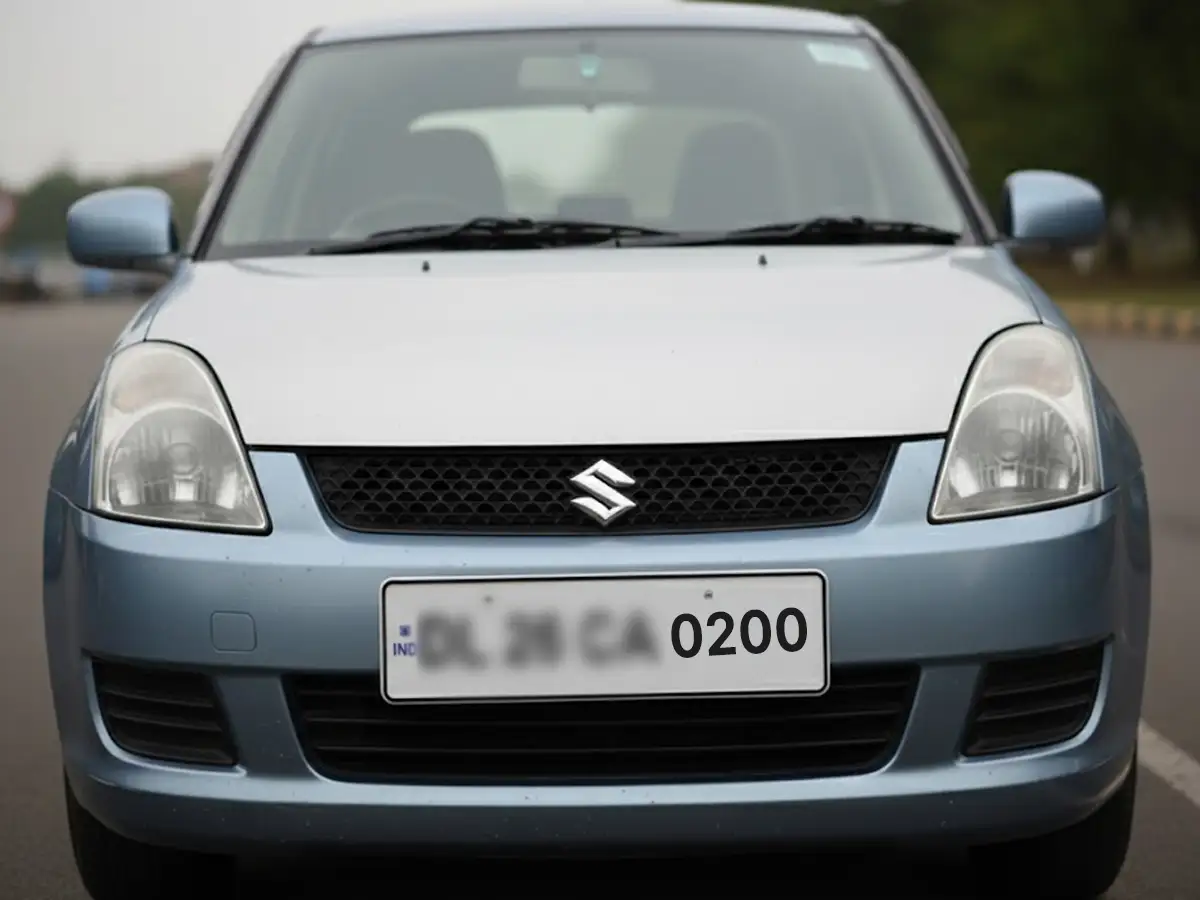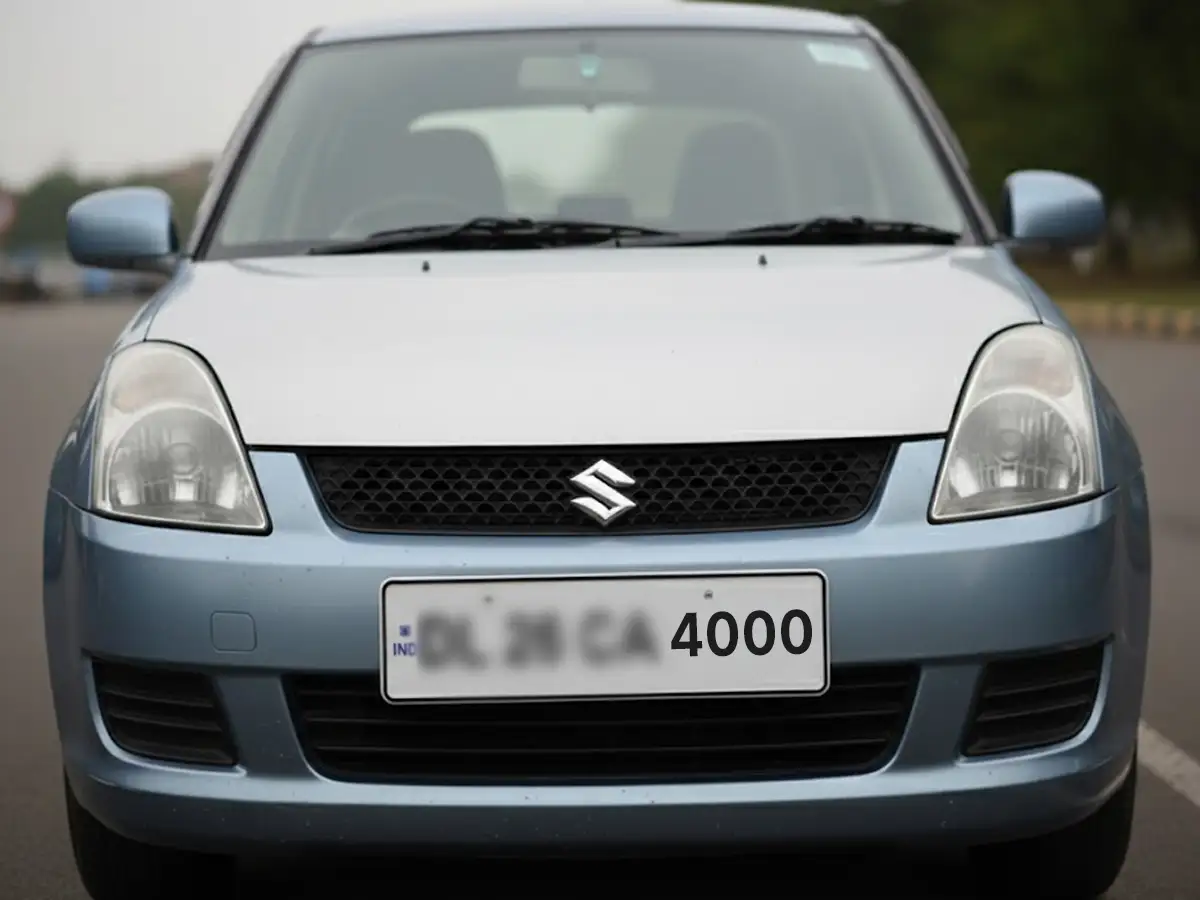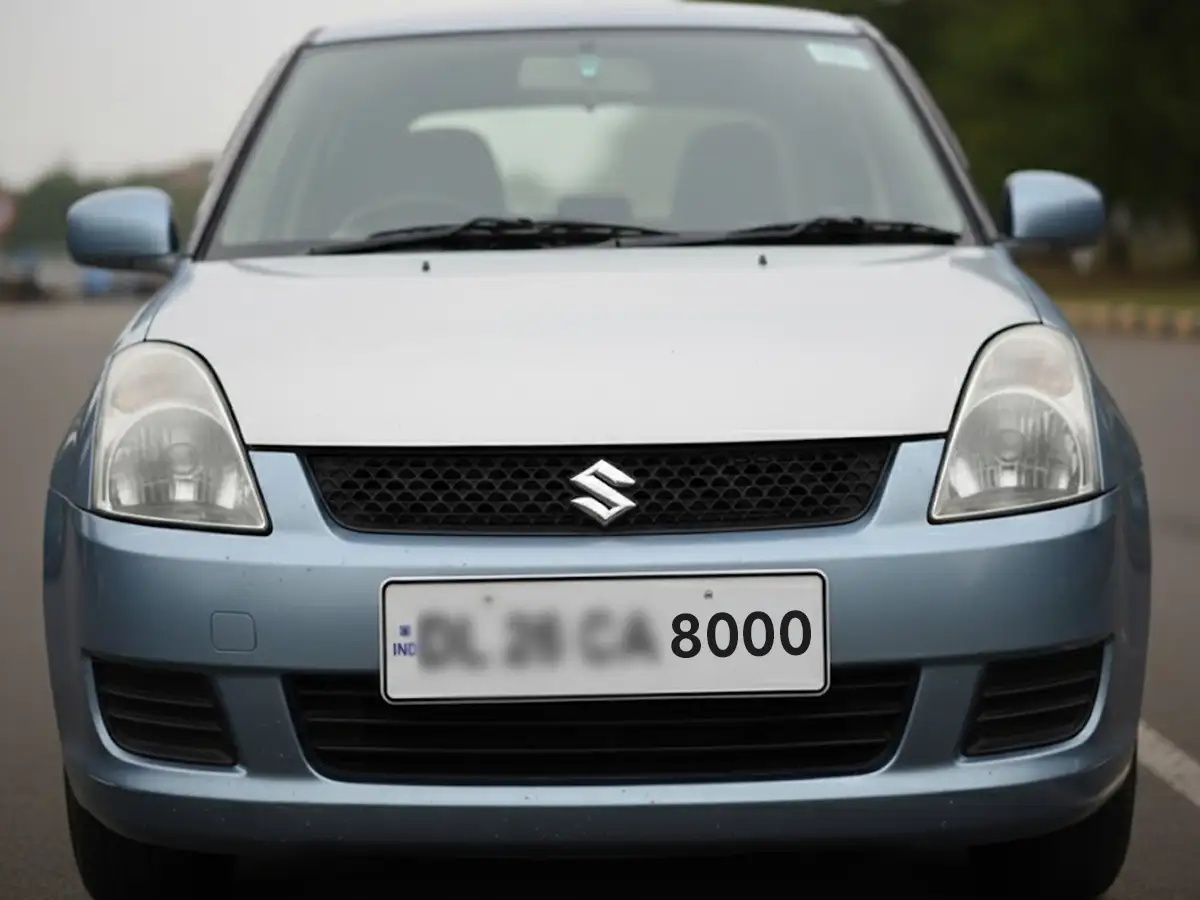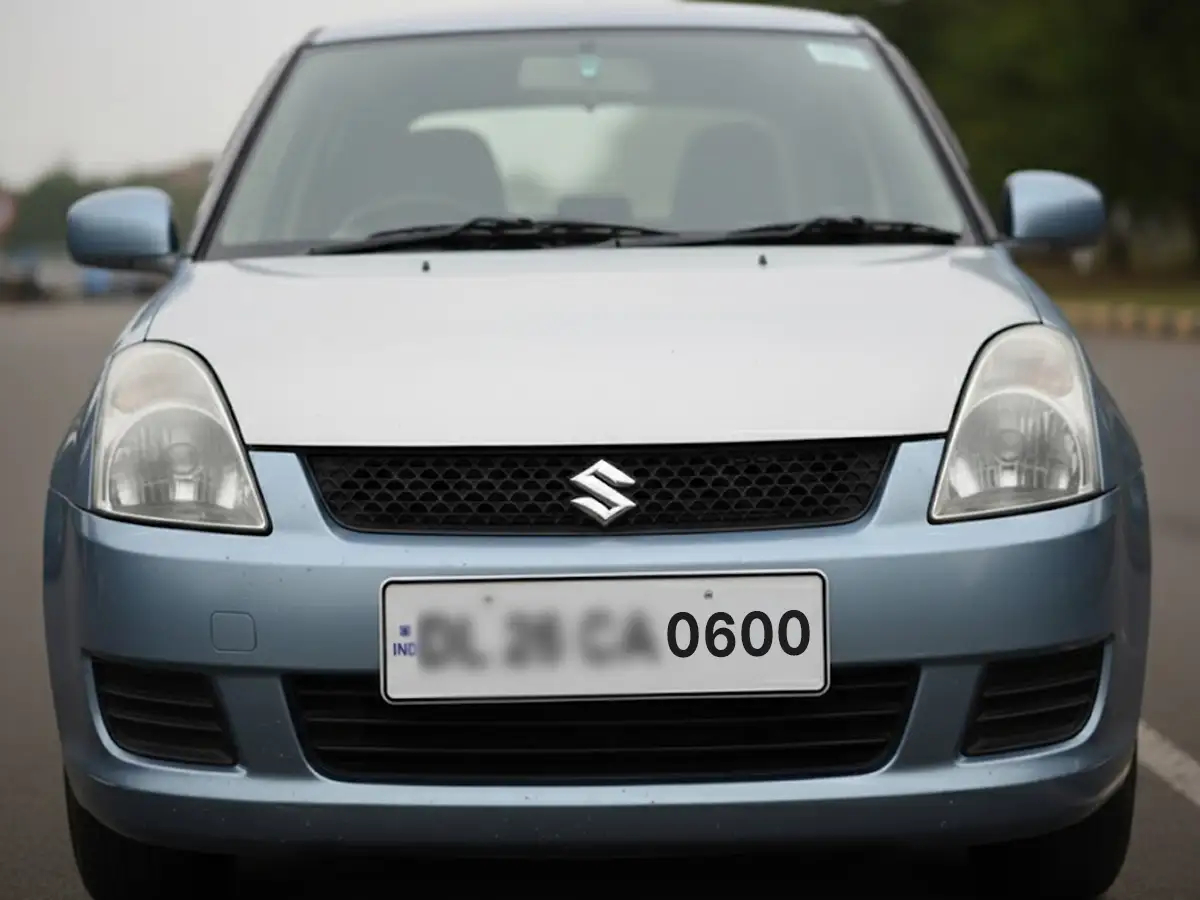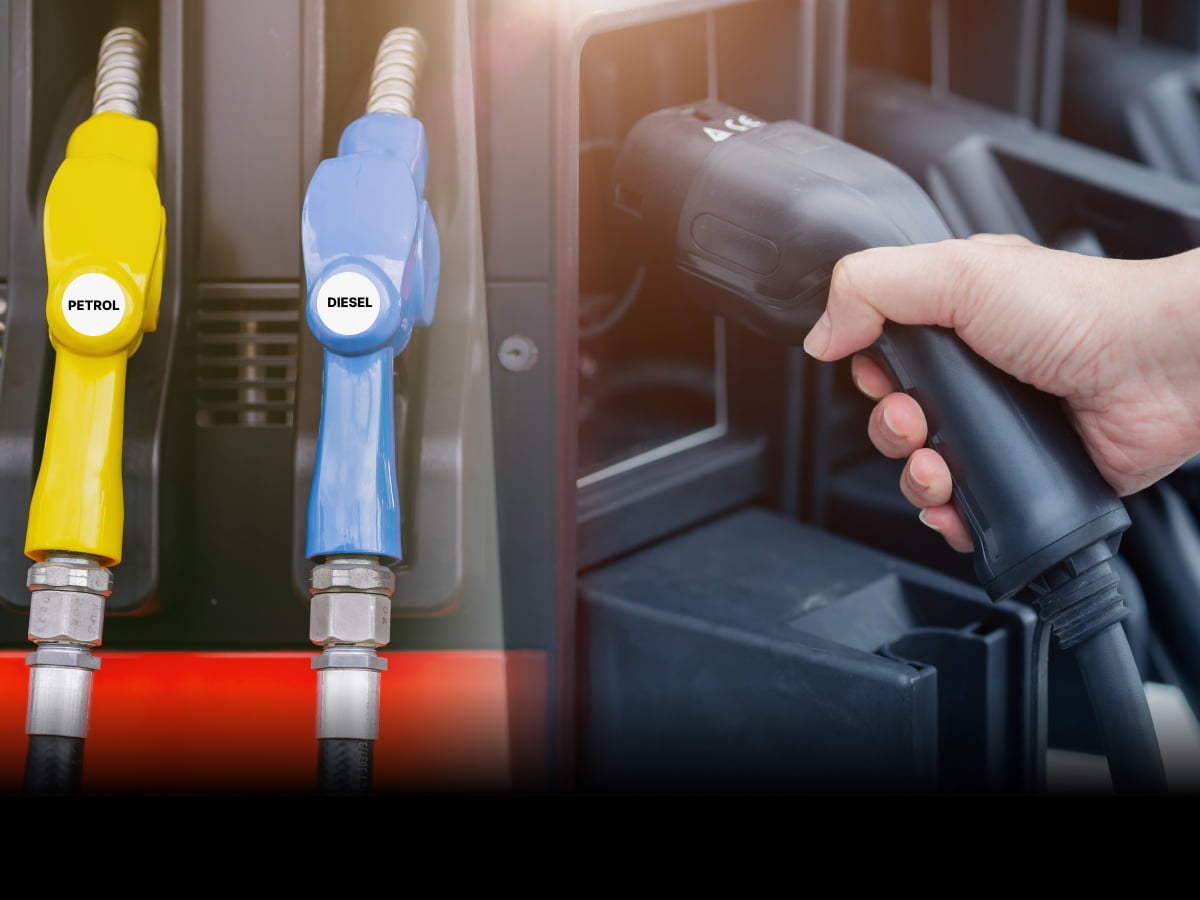

Electric Vs Petrol Vs Diesel – What’s A Better Beginner-Friendly Option?
- 1Electric vehicles are ideal for eco-conscious drivers
- 2Petrol and CNG options are ideal for efficient city commutes
- 3Diesel engines are efficient but pollute more and are expensive to maintain
- Key Comparison Points Between Electric And ICE
- Pros And Cons Of Electric Cars For Beginner Drivers
- Pros And Cons Of Petrol Cars For Beginner Drivers
- Pros And Cons Of Diesel Cars For Beginner Drivers
- Pros And Cons Of CNG Cars For Beginner Drivers
- The Best Option For City And Highway Driving
- Future Trends
- Conclusion
The evolution of the Indian automobile market has brought electric vehicles into sharp focus. They are gradually making their mark as serious alternatives to internal combustion engine-powered vehicles. But as a beginner driver, is it the right time to make the switch to electric power? Or does the combined might of petrol, diesel, and CNG power still have a greater relevance? There are lots of factors to consider, like affordability, ease of driving, maintenance, and the supporting infrastructure. This guide highlights everything you will need to know as a beginner driver about choosing the right type of car.
Become a part of the official CARS24 auto community; AUTOVERSE, where we host lively auto discussions, updates, and more.
Key Comparison Points Between Electric And ICE
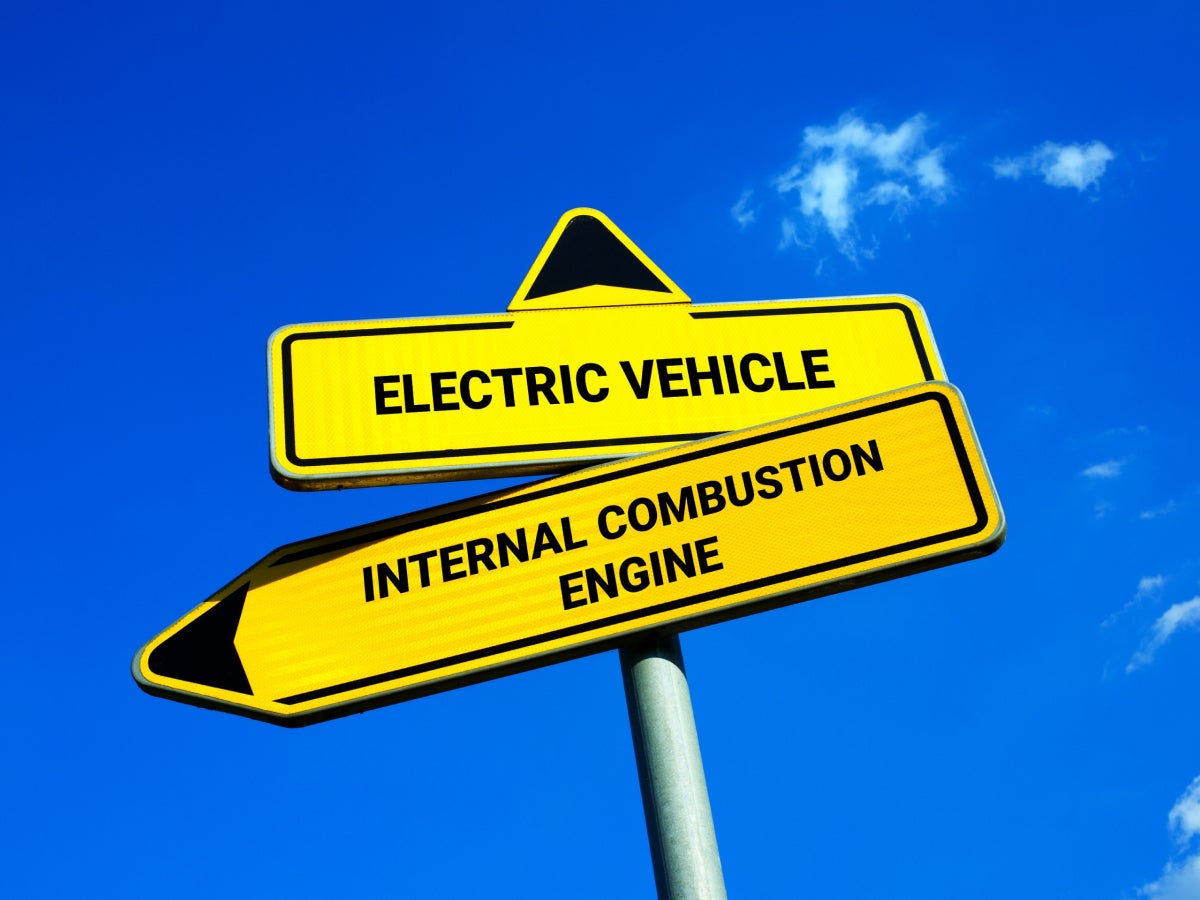
When understanding the differences between electric vehicles on one side, and ICE-powered vehicles (petrol, diesel, and CNG) on the other, there are four primary factors to consider.
Cost Of Ownership
- Electric cars: The upfront cost of EVs is generally higher than ICE cars due to the expensive battery technology. However, EVs benefit from lower running costs since electricity is cheaper than petrol or diesel. Maintenance costs are also lower because EVs have fewer moving parts and no need for oil changes. Government subsidies and tax incentives for EVs further reduce ownership costs.
- Petrol cars: Petrol cars are usually the cheapest to purchase initially, making them an appealing option for first-time buyers on a budget. However, the cost of petrol in India is high, leading to greater fuel expenses over time. Maintenance costs are moderate, and resale values are generally stable.
- Diesel cars: Diesel cars cost more than petrol cars initially. Diesel fuel is cheaper than petrol and offers better mileage, but maintenance costs are higher due to more complex engine components. The higher initial purchase could be a deterrent for someone considering their first vehicle.
- CNG cars: CNG vehicles are affordable in terms of both purchase price and running costs. However, they require specialised servicing, and the availability of CNG refueling stations is limited to cities, making them less viable for rural or highway driving.
Performance And Driving Experience
- Electric cars: EVs provide instant torque, making acceleration smooth and effortless—which is great for a beginner navigating dense traffic. However, their range is limited, and charging infrastructure is still developing in many parts of India.
- Petrol cars: Petrol engines generally deliver a balanced driving experience, with smooth acceleration and responsive performance. They are good for city and highway use, making them ideal for beginner drivers.
- Diesel cars: Diesel engines offer high torque and efficiency, which is beneficial for long-distance driving and carrying heavy loads. However, they tend to be noisier and less refined. But if your use-case for a car as a beginner driver involves long commutes, a diesel car might be ideal.
- CNG cars: CNG vehicles are generally slower in terms of acceleration compared to petrol or diesel vehicles. Their reduced power output can make overtaking or high-speed driving challenging, but for city conditions they’re convenient and efficient. This is why a lot of taxis in India are equipped with CNG.
Environmental Impact
- Electric cars: EVs have zero tailpipe emissions, making them the most environmentally friendly option. However, the carbon footprint of battery production and coal-based electricity generation in India offsets some of their advantages.
- Petrol cars: Petrol engines produce more greenhouse gases than diesel or CNG. They are less environmentally friendly but offer improved emissions performance compared to older-generation engines.
- Diesel cars: Diesel engines emit more nitrogen oxides and particulates, contributing to air pollution. The introduction of DEF and stricter BS6 norms in India have improved emissions, but they are still far from being deemed eco-friendly.
- CNG cars: CNG is a cleaner-burning fuel, producing fewer greenhouse gases and pollutants than petrol or diesel. However, the impact depends on the quality of the natural gas and combustion efficiency.
Resale Value
- Electric cars: EV resale values are uncertain due to the fast pace of battery technology advancements. Older models may depreciate quickly as newer, more efficient models enter the market.
- Petrol cars: Petrol cars have stable resale values, especially for popular brands and models. They are a safe investment for beginner drivers.
- Diesel cars: Diesel cars traditionally hold their value well, but changing regulations and rising costs of diesel engines may reduce long-term resale appeal.
CNG cars: Resale values of CNG cars depend on the condition of the CNG kit and tank. They are popular in regions where CNG is widely available but may not fetch high prices elsewhere.
Pros And Cons Of Electric Cars For Beginner Drivers

(Source: MG Motor India)
Electric vehicles are meant to usher in a new era for cars not just in India, but across the world. As a beginner driver though, there are lots of considerations to factor in before purchasing an EV.
Pros
- Low running costs: Electricity is cheaper than fossil fuels.
- Ease of driving: Automatic transmission and instant torque simplify driving.
- Environmental benefits: Zero tailpipe emissions.
- Government incentives: Subsidies and reduced taxes make them more affordable.
Lower maintenance: Fewer mechanical components reduce servicing needs.
Cons
- High initial cost: Expensive upfront compared to ICE vehicles.
- Range anxiety: Limited driving range and sparse charging infrastructure.
- Charging time: Long charging durations compared to refueling.
- Battery degradation: Reduced performance over time.
- Limited models: Fewer affordable options in India.
Pros And Cons Of Petrol Cars For Beginner Drivers

(Source: Renault India)
Petrol-powered cars have been around for a long time, and have gone through a lot of evolution and refinement. That said, they still have some disadvantages.
Pros
- Affordable initial cost: Cheapest among ICE cars.
- Widespread fuel availability: Easy access to petrol pumps across India.
- Smooth performance: Generally, petrol-powered vehicles are quiet, refined and have good acceleration.
- Versatility: Suitable for both city and highway driving.
Better resale value: Holds value well.
Cons
- High fuel costs: Petrol is expensive across India, which increases running costs.
- Moderate maintenance: Slightly higher upkeep than EVs or CNG vehicles.
- Environmental impact: Higher emissions than other options.
Pros And Cons Of Diesel Cars For Beginner Drivers

(Source: Tata Motors India)
Diesel-fueled vehicles have been the backbone of the transport industry in India, but they have their own set of downsides as well.
Pros
- Better mileage: Diesel engines are more fuel-efficient compared to petrol engines.
- Good performance: Diesel engines are typically characterised by torque that’s accessible from the lower reaches of the rev band.
- Durability: Diesel engines are typically associated with a long lifespan.
Good resale value: As long as they are maintained well, diesel-powered cars fetch good resale values.
Cons
- Higher initial cost: Diesel cars are pricier than petrol equivalents. A good way to counter this is by exploring used diesel options for a drastically reduced price.
- Expensive maintenance: Higher servicing costs due to complex components.
- Noise and vibration: Louder engines can deter beginner drivers.
- Environmental concerns: Higher emissions of harmful particulates.
Pros And Cons Of CNG Cars For Beginner Drivers

(Source: Tata Motors India)
CNG vehicles are growing in popularity thanks to their efficiency and low running costs. But to truly become mainstream, CNG’s disadvantages will need to be addressed.
Pros
- Low running costs: CNG is cheaper than petrol or diesel.
- Cleaner emissions: Lower environmental impact than fossil fuels.
- Affordable purchase price: Reasonably-priced, the CNG-equipped version of the Tata Tiago, for instance, has a starting MSRP of ₹6.49 lakh (ex-showroom, Delhi).
Sufficient performance for city driving: CNG-powered vehicles generally have enough grunt to handle daily city commutes.
Cons
- Limited availability: CNG stations are mostly in major cities.
- Reduced performance: Lower power output affects acceleration and top speed.
- Specialised maintenance: Requires expertise for servicing CNG kits.
- Storage space: The CNG tank reduces boot space. An exception is the Tata iCNG, which uses a twin-cylinder setup for the CNG tanks that are placed under the boot floor, freeing up boot space.
The Best Option For City And Highway Driving
Given their respective strengths and weaknesses, EVs and ICE-powered vehicles lend themselves well to a particular kind of driving environment.
- City driving: EVs and CNG cars are ideal for city driving due to their lower running costs and emissions. Electric cars particularly shine in congested cities with stop-and-go traffic, which is ideal for beginners who have shorter commutes within the city.
- Highway driving: Diesel cars are the best choice for highway use, thanks to their fuel efficiency and torque. Petrol cars also perform well for long distances, but they are costlier to run and generally don’t have the same amount of grunt as diesel’s for quick overtakes out on the highway.
Future Trends
Attempting to predict the future with any amount of certainty is considered a fool’s errand, but going by recent trends, there are a few likely outcomes for EVs and ICE-powered vehicles.
- Electric cars: The EV market in India is expected to grow, supported by government initiatives like FAME (Faster Adoption and Manufacturing of Electric Vehicles) and investments in charging infrastructure. Hybrid technology is also expected to gain popularity in India.
- Petrol cars: As EVs gain popularity, petrol cars may see reduced demand, though they will remain a reliable choice for beginners.
- Diesel cars: Stricter emission norms and the shift to cleaner fuels may diminish the appeal of private diesel cars over time.
- CNG cars: Expanding CNG infrastructure and hybrid CNG options could boost their popularity.
Conclusion
Deciding on the right kind of fuel type when buying a car as a beginner depends on specific needs is crucial. Electric vehicles are ideal for beginners that are eco-conscious and foresee their commutes being primarily within the city. Petrol cars make sense as a versatile option for mixed use in cities and highways.
Diesels can make for good companions on longer commutes that involve regular highway runs, but beginner drivers will need to keep the higher running costs and maintenance in mind. As for CNG, it’s a viable option for city commutes, but the limited infrastructure and long refilling waits will require getting used to. In the end, the ideal engine choice for a beginner will be one that takes care of most, if not all requirements of the driver.
Frequently Asked Questions
Expand all